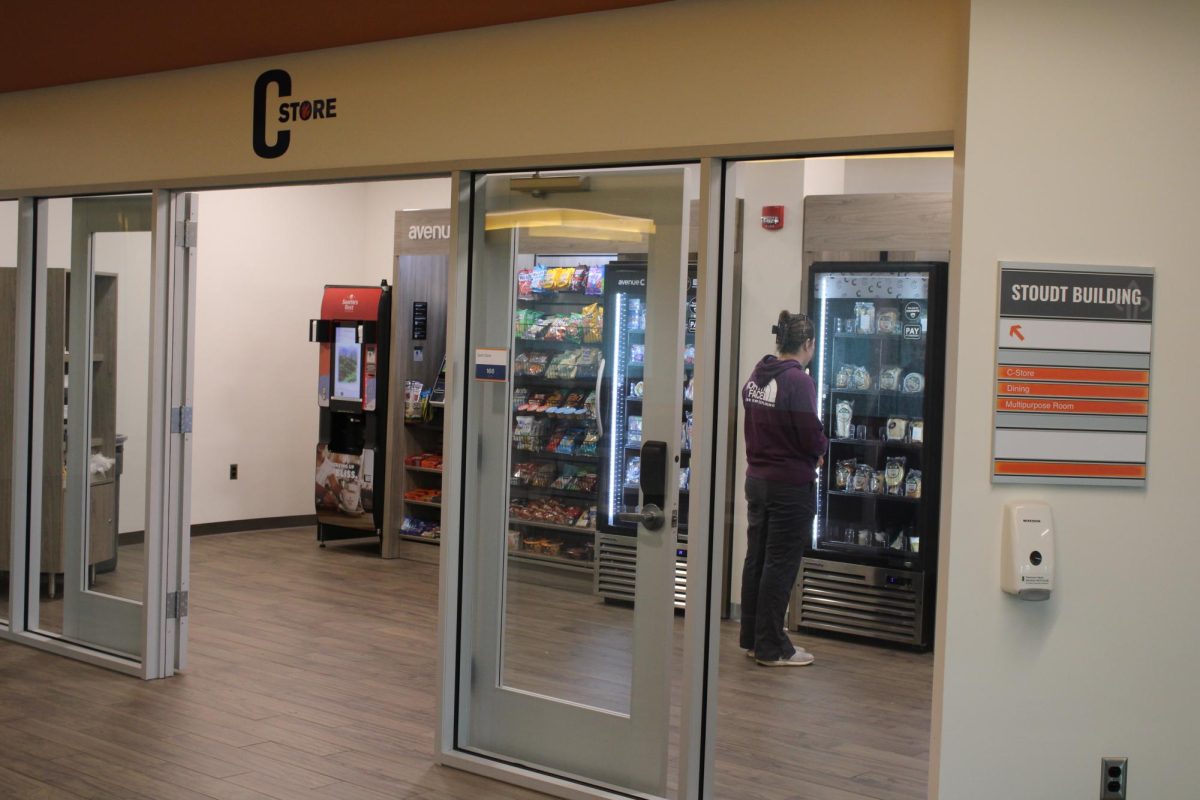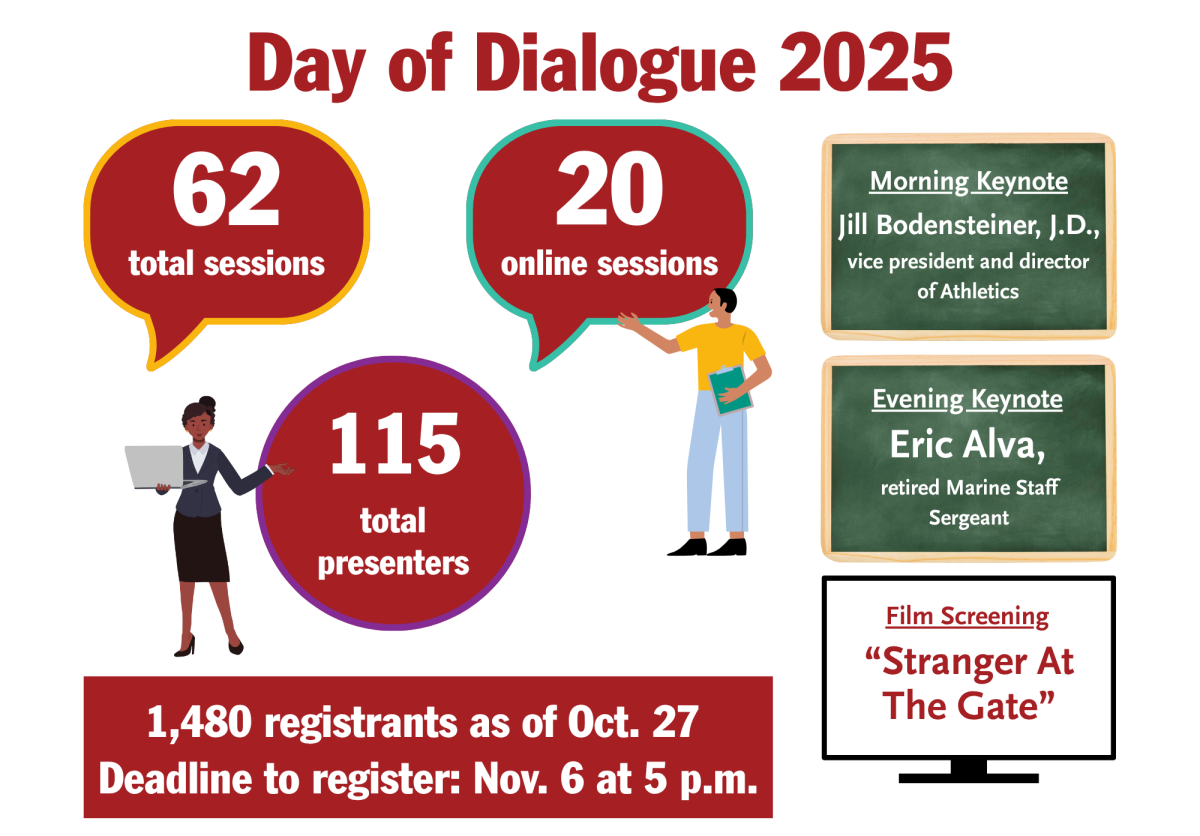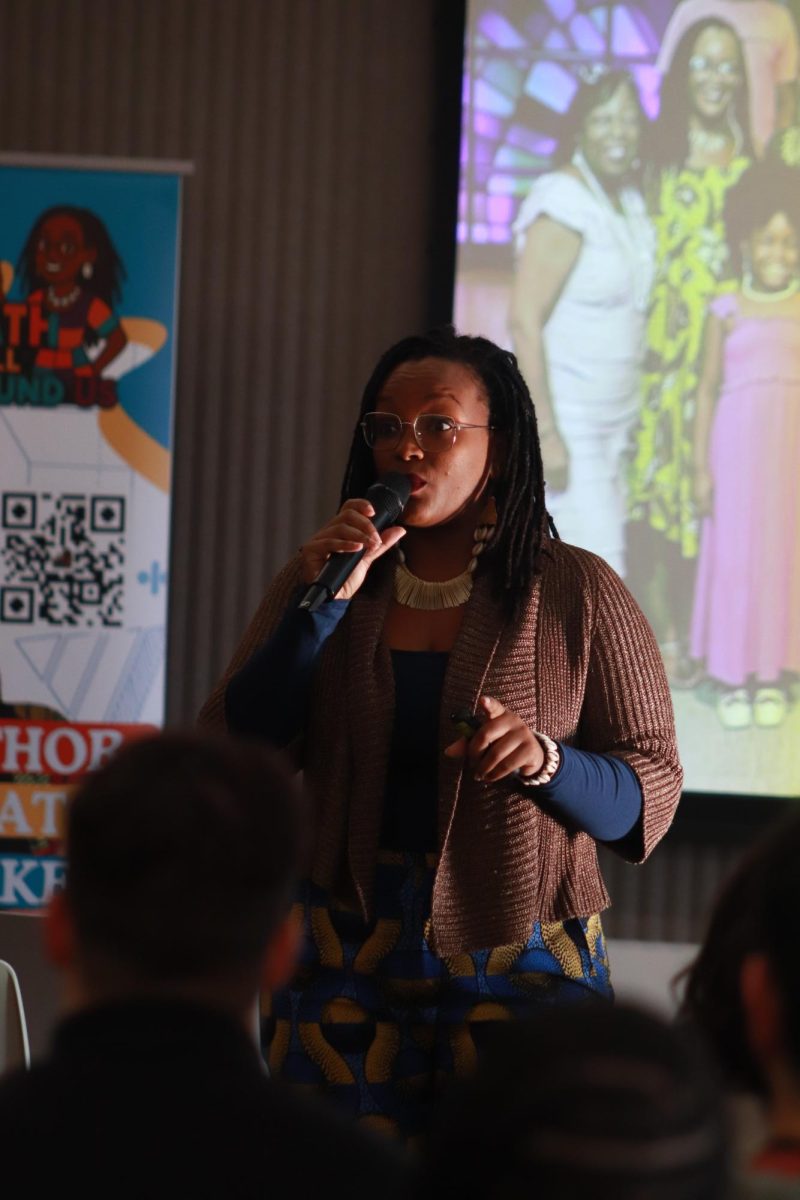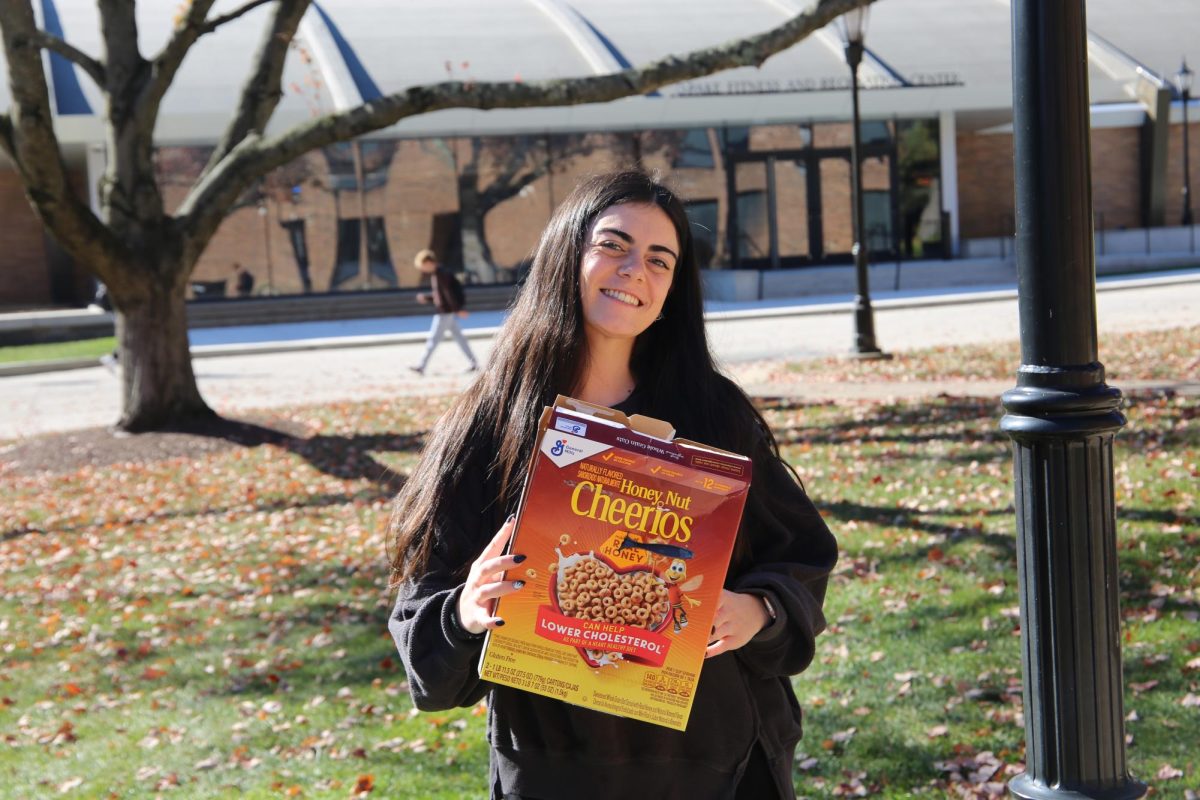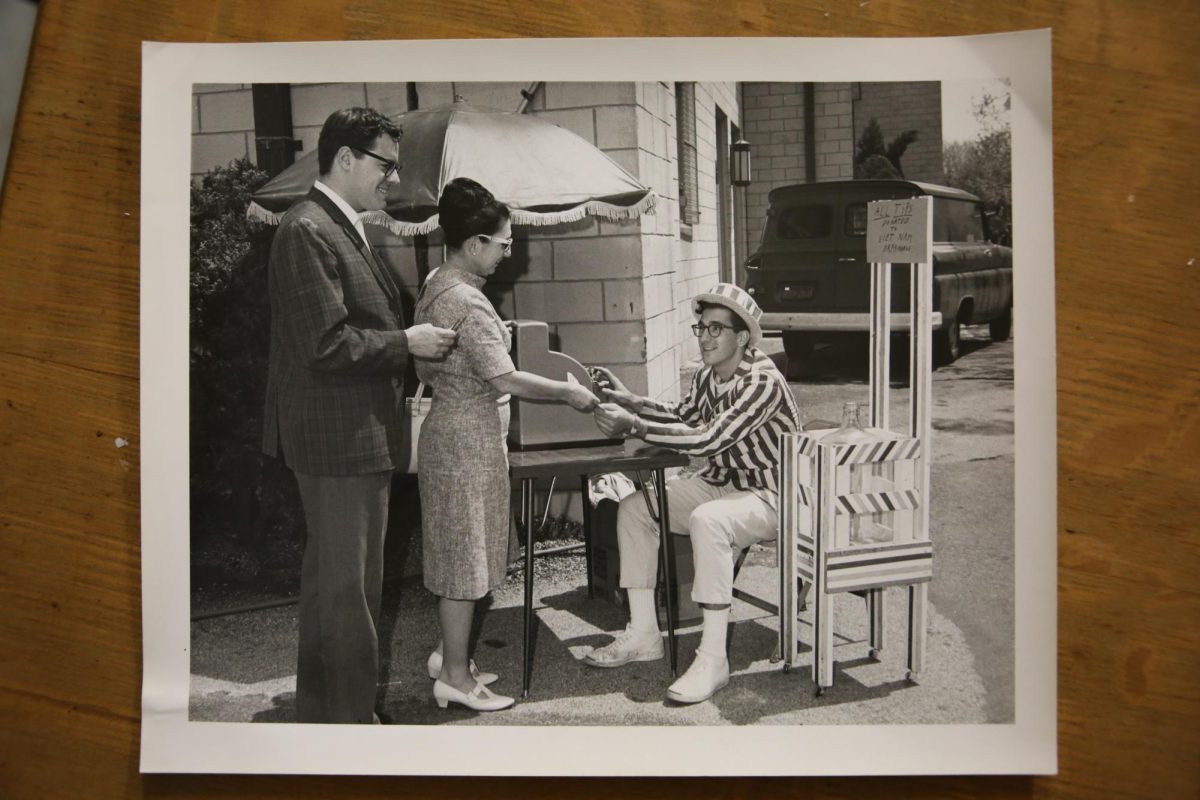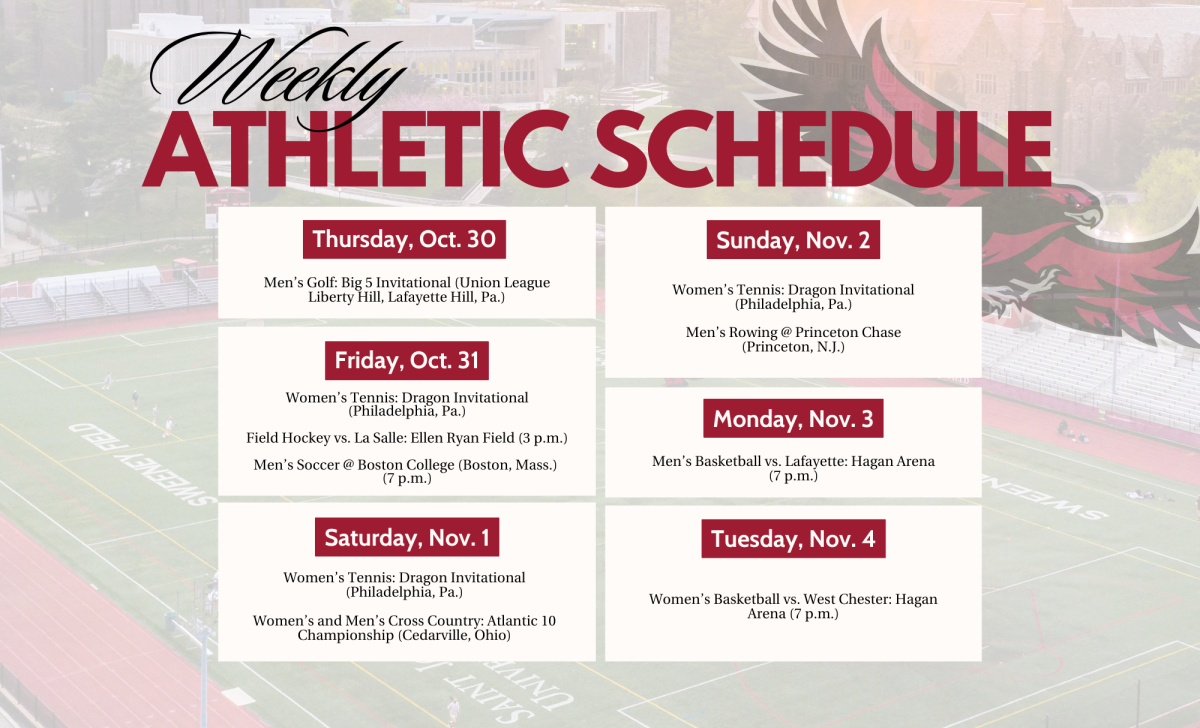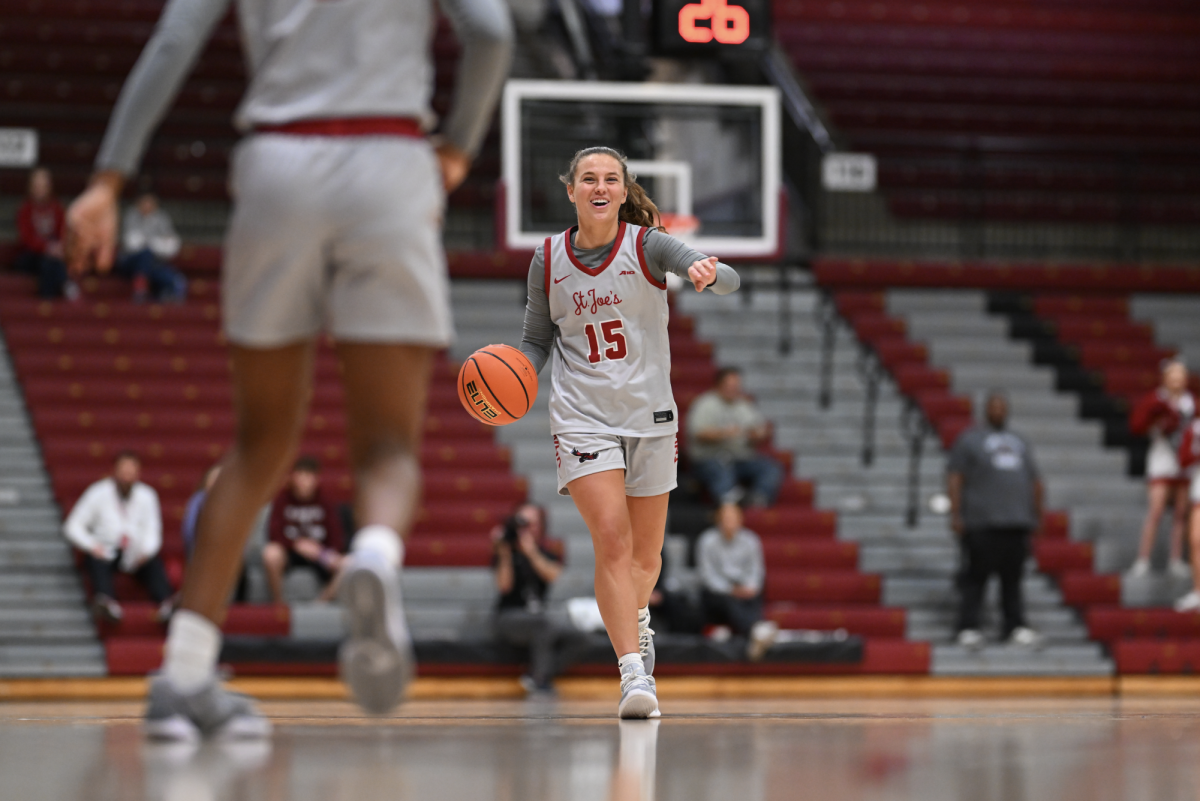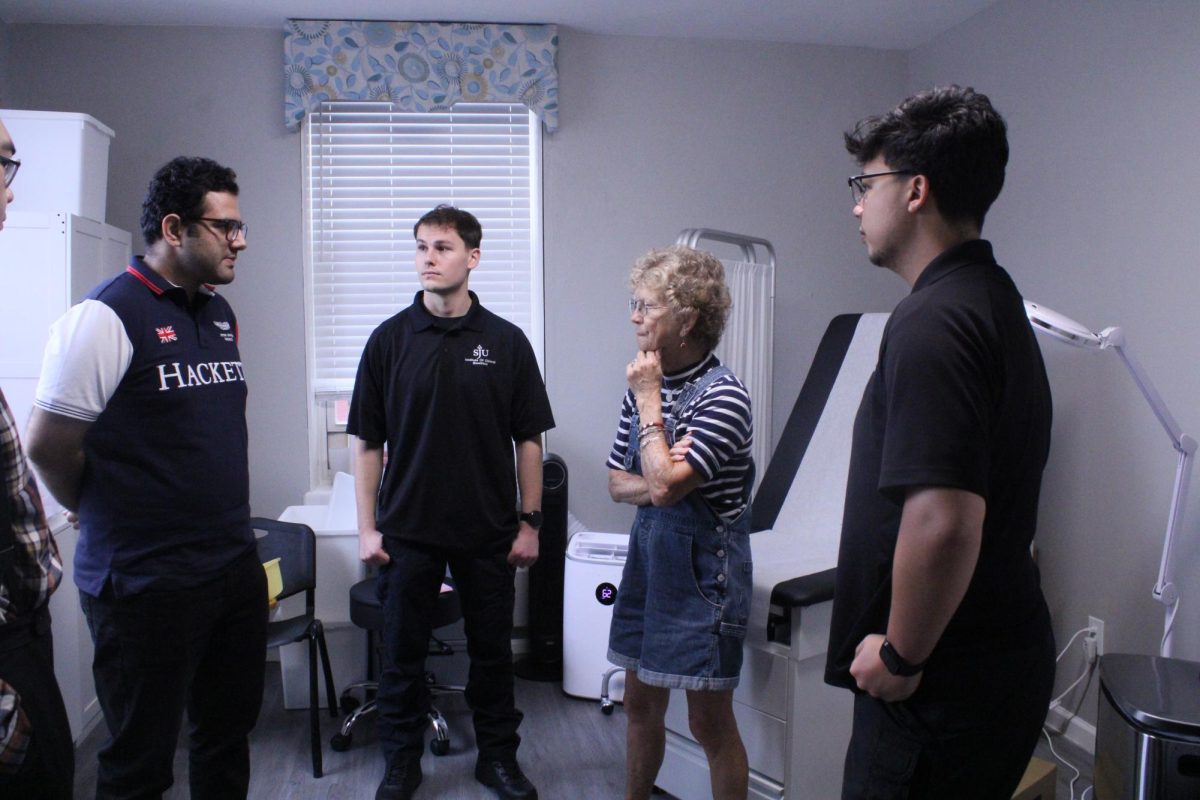As the Lancaster and University City campuses continue to undergo changes following its mergers with St. Joe’s, one ongoing challenge for both locations is on-campus dining options.
At the Lancaster campus, there is collective agreement that the lack of food available for purchase poses a significant challenge to members of the community.
Lancaster’s on-campus cafeteria closed in the wake of the covid-19 pandemic and never reopened. Rosa’s Cafe, another option, closed at the beginning of the semester after the owner chose to not renew the lease, according to Peter Norberg, Ph.D., senior associate provost for academic and faculty support.
Now, students on the Lancaster campus either rely on the C-Store, a convenience store with grab-and-go items, leave campus for meals or order DoorDash.
Elieth Molinarez ’25, ’26, a member of Student Council at the Lancaster campus, said affordable and convenient food options are important for the demographic of students there.
“Most of us that are there are working,” Molinarez said. “We have a lot of parents. We have people that are coming in, and they work night shifts, or they come to school and then have to go work. Everybody is already adults with careers.”
The C-Store is stocked three times a week, according to Laura Molina, associate director of student leadership activities, but Molinarez said the C-Store often runs out.
“After a couple days, it’s completely depleted, and it’s gone, there’s no more options,” Molinarez said. “We’re left with stuff that people just don’t really want.”
Stephanie Hentz, clinical instructor and undergraduate nursing program director for the BSN program and RN to BSN program, said the students who are attending evening classes are the biggest concern.
“We’ve seen a lot of students do DoorDash and things like that to overcome the need, but it’s definitely felt that there are not many options here,” said Hentz, who also helps direct the Lancaster campus HawkHUB, the university’s food and basic needs resource center.
Norberg said the university is exploring ways to expand food access on the Lancaster campus, including partnerships with local restaurants and food trucks.
Currently, one food truck from a rotating list is on campus weekly. The university has engaged with over 15 local vendors and the Lancaster Chamber to assess further interest, according to Mary Klebon, MBA ’22, senior director of conferences and auxiliary services.
Other members of the community would like to see more options for people who bring food from home, including community refrigerators and microwaves, which Norberg said is in the works as well.
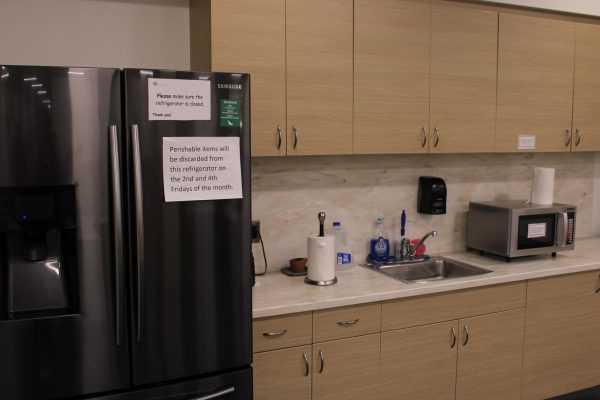
“We are looking … for students who bring their lunch to have an opportunity of a place to refrigerate, a place to keep their lunch, and then working on making sure we have microwaves,” Hentz said. “They’re not always functional, so getting those fixed and repaired and available to the students.”
Klebon said the university is actively exploring a range of future dining options, as well as potential collaborations with delivery platforms such as Grubhub.
UCity options
People based at the UCity campus also would like to see more dining options available, particularly after the closure of the Wilson Student Center, which housed the Wilson Dining Hall, at the end of the 2024-25 academic year. Freshens, located at 4140 Woodland Ave., offered fresh food options, such as smoothies, smoothie bowls and salads before closing in May 2025.
Carly Robinson ’26, PharmD ’28, vice president of University Student Senate at the UCity campus, said students on the UCity campus often pack food from home or leave campus to get takeout options. Robinson said students are looking for fresh foods at affordable prices.
“The main thing is just a lack of access to cheaper food that’s actually on campus, that’s filling and considered a meal and not monotonous,” Robinson said.
Cole Dyson ’26, PharmD ’28, another UCity student, said the off-campus food options are limited and inconvenient to get between classes.
“If you go and get food from one of these places, you need to walk there,” Dyson said. “It takes like 10 minutes to walk there and then 10 minutes to get your food, and then when you go back somewhere and sit down, you only really got, like, 20 minutes left.”
A coffee café, which was scheduled to open earlier this year in Woodland Hall, has been delayed until late November due to construction permitting, according to Lauren Adams ’00, MBA ’02, associate vice president of academic and administrative services.
Adams said the café will offer specialty espresso and blended beverages, refreshers and an assortment of grab-and-go sandwiches, salads, snacks and bottled drinks. The café will operate Monday through Friday from 7:30 a.m. to 5 p.m. and will accept cash, credit debit, Dining Dollars and Hawk Cash.
In the meantime, several food trucks regularly set up shop along Woodland Avenue, long before the merger. The university is also offering free, daily coffee service from Aramark in the Integrated Professional Education Complex building from 7:30 a.m. to 10 a.m.
Robinson said she hopes the university’s future dining options address the needs for both convenience and variety.
“Students are hoping to see consistent food at a reasonable price and stuff that’s not the same every single day,” Robinson said.


